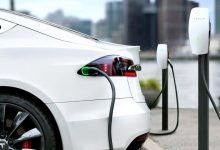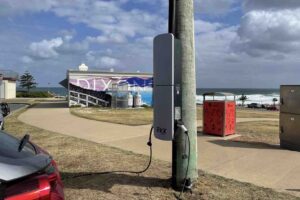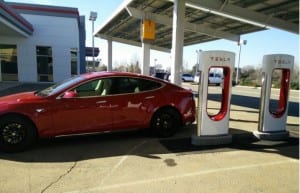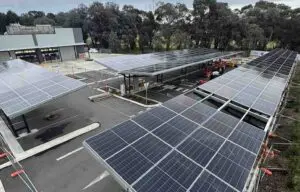The Energy Security Board is calling for feedback from industry and stakeholders on how best to support the effective integration of “smart charging” for electric vehicles on Australia’s National Electricity Market, following the release of an Issues Paper on Thursday.
The task for the ESB, as part of its broader role delivering DER Implementation Plan, is to develop policy advice on the technical and regulatory foundations necessary to support consumer EV charging needs, while also weighing the implications of EV charging on the NEM.
And it’s a rather urgent task, with the Australian Energy Market Operator’s Step Change scenario suggesting that electric vehicles will make up more than half – 58% – of the national fleet by 2040, bringing with them roughly 37TWh of electricity demand from their batteries on wheels.
As the EBS notes, that sort of demand profile could wind up being the ideal solar sponge to sop up excess supply during the middle of the day, but it could also exacerbate peak demand without proper infrastructure and consumer incentives to charge outside these periods.
“The projected increase in EV ownership and eventual transition to a full EV fleet will be transformative on the energy supply chain,” the Issues Paper says. “Planning for the transition and that longer-term future must commence today.
“Near term attention is needed to understand the consumer issues associated with EV charging and ensure readiness for the flow-on impacts of EV charging on the NEM.
“It is relevant to consider how settings may be introduced in ways that can support and encourage convenient and efficient charging behaviour as well as drive efficient investment decisions and fairness between EV and non-EV consumers during the transition.”
The Issues Paper poses 23 direct questions for stakeholders and other interested parties to ponder and respond to, seeking views on a broad range of issues.
A key focus of a large chunk of the questions is on the technology capability standards and other regulatory settings needed to support EV smart charging and “interoperability” in both domestic and public settings.
On the residenital charging side of the equation, that means ensuring that remotely managed smart charging capabilities are embedded into Australia’s EV charging ecosystem from the very start.
The main goal here is to avoid a repeat of Australia’s rapid uptake of rooftop solar, where huge amounts of generation capacity were installed out of the sight and out of the control of the market operator.
“Electric vehicles (EVs) will reshape consumers’ energy needs and practices and have a transformative impact on the electricity grid,” the paper says.
“Development of a coordinated charging policy for EVs was identified as an area that would deliver significant long-term benefits for consumers through better user experience and system efficiencies.”
Feedback to the Issues Paper must be submitted by August 19, 2022. It will then be used to support the development of draft directions and advice to government relating to the adoption of minimum standards for EV smart charging.









